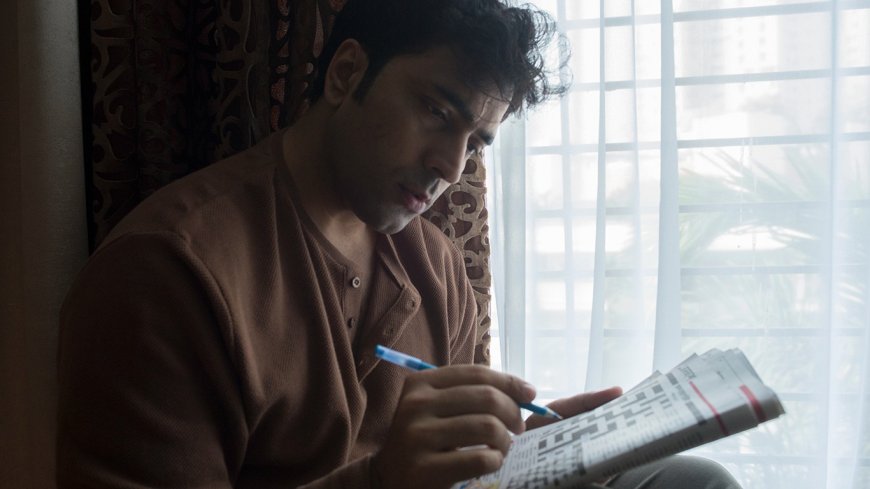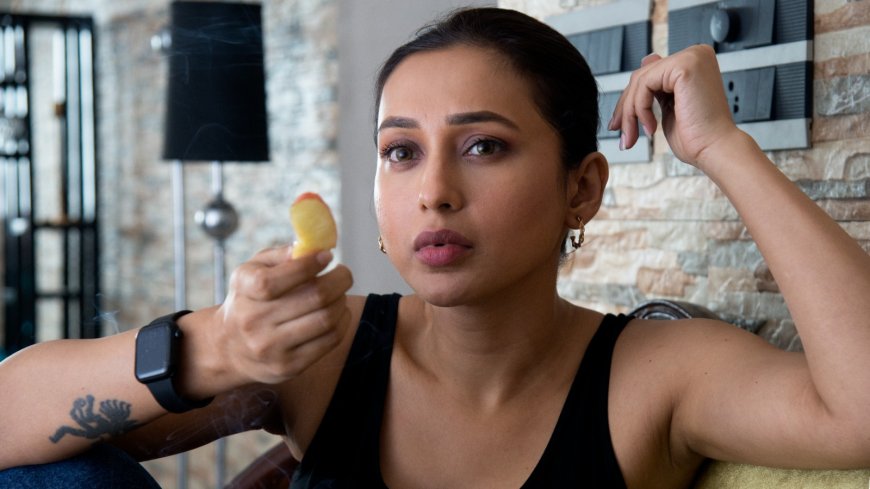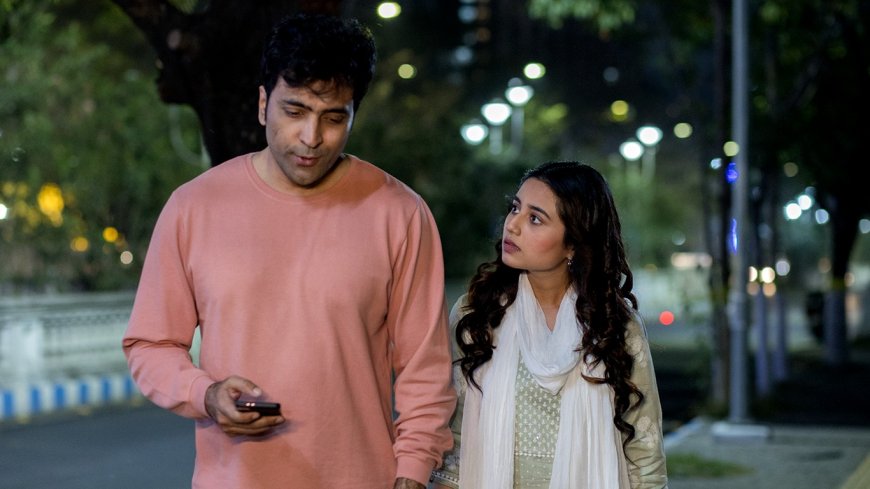Film Review - ALAAP (2024) : A POST-MODERN PERSPECTIVE ON RELATIONSHIPS
Dr. Shoma A. Chatterji provides an insightful review on the film "Alaap (2024)"
Alaap means introduction according to it’s dictionary meaning. It also means the beginning of a classical music recital. In this film, according to me, it carries both meanings. In the literally sense, it suggests the multilayered metamorphosis in relationships in a post-modernist urban India. About the beginning of a music recital, the story engages in redefining the contours of changed relationships which mark the beginnings of an uncertain ending.
Have the layers of relationships changed in a global world of modernisation? Cinematographer-turned- director Premendu Bikash Chaki's latest film Alaap presents a microcosm of the metamorphosis in interpersonal relationships through a colourful prism.
I call it a ‘prism' because the range of relationships covers the entire paradigm - boss-employee, colleagues, parents-son, childhood mate and flat-mates who never meet yet are intrigued and also feel mesmerised by the physical absence of the flat mate.
Pablo Majumdar (Abir Chatterjee), who holds a high-powered corporate job looks for a plush apartment in the post-modern neighbourhood of Kolkata and visits his parents on weekends. Aditi Mitra, (Mimi Chakraborty) too, is a very modern young woman who smokes, drinks, parties till the wee hours,manages to book the same apartment though they have completely different duty hours so they never meet.
The film has made generous use of material objects, dress styles, sound metaphors, the fridge interior, tiny pink and blue slips stuck to the mirror, the cushions filled with the perfume Aditi uses and Pablo gets to love though their basic lifestyles do not match exactly.
Neither of them know that the roommate belongs to the opposite sex. But they communicate through tiny notes stuck to the mirror, eat each the other's food and grow increasingly inquisitive about each other, specially when they learn that the flat mate belongs to the opposite sex. There is another metaphor that comes as a gift through the old lady who lives next door who hands over a tiny cactus plant handed by someone else which “grows naturally without care or much watering,” suggesting the natural evolution of relationships even when two adult persons have never set eyes on one another but the pull towards each other, sustains as if through some intriguing magic.
The director has made very imaginative use of a very expensive French female perfume Pablo is pulled to, to establish the subtle, silent bonding between Aditi and Pablo. It is this smell that Pablo recognises that his flat-mate is a woman. The two of them separately pull up the diabolic agent for fooling them but he manages to pacify them by cutting down on the rent.
The bonding Aditi shares with her colleague, or, Pablo shares with his parents, or, Pablo's sweet friendship with his childhood friend Swati, or, Pablo and Aditi share with the diabolic agent throws up a beautiful collage of life in the city blending the middle-class with the high-rise, upwardly mobile class, and add to it, the loneliness of the aged neighbour, forever looking for excuses to seek the company of the two youngsters, initially mistaking them for a married couple.
All this makes Alaap a powerful, character-driven story where the characters and their relationships flow organically to the main narrative and to it’s sub-plots.
The music defines an additional quality to the aesthetics of the film, specially the theme song “Dibaratrir Kabbo” that appears at strategic phases in the film and thanks to Anupam Roy while kudos go to Prabudho Banerjee for the lilting background score.
The characterisations are fleshed out very well including that of the supporting cast, Pablo's forever worried schoolteacher mother, the flat agent, Swati (Swastika Dutta) and Aditi's close friend and colleague.
Chaki steers away completely from making any moral judgement on the characters which helps in the cohesiveness of story.
The cinematography is carefully decided by the time of day and the indoor and outdoor locations. The production design is apt offering a natural contrast between the high-rise interiors and Pablo's parents' sweet home in the suburbs he has invented a funny nickname Hotel de Pappa for.
The editing fits into the flit-and-float lightning switches in the ambience. But it is the acting that is so beautifully synchronised between and among the different characters apart from the spontaneity of the individual actors Abir as Pablo, Mimi as Aditi, Swastika as Swati and the rest makes Alaap a must-watch on your agenda. Thanks to Surinder Films for gifting us with such wonderful entertainment while remaining within the mainstream.
The twist in the climax is amazing, yet very natural. Do all love stories end in “living happily ever after” ? Think about it. Seriously.
What's Your Reaction?





































































